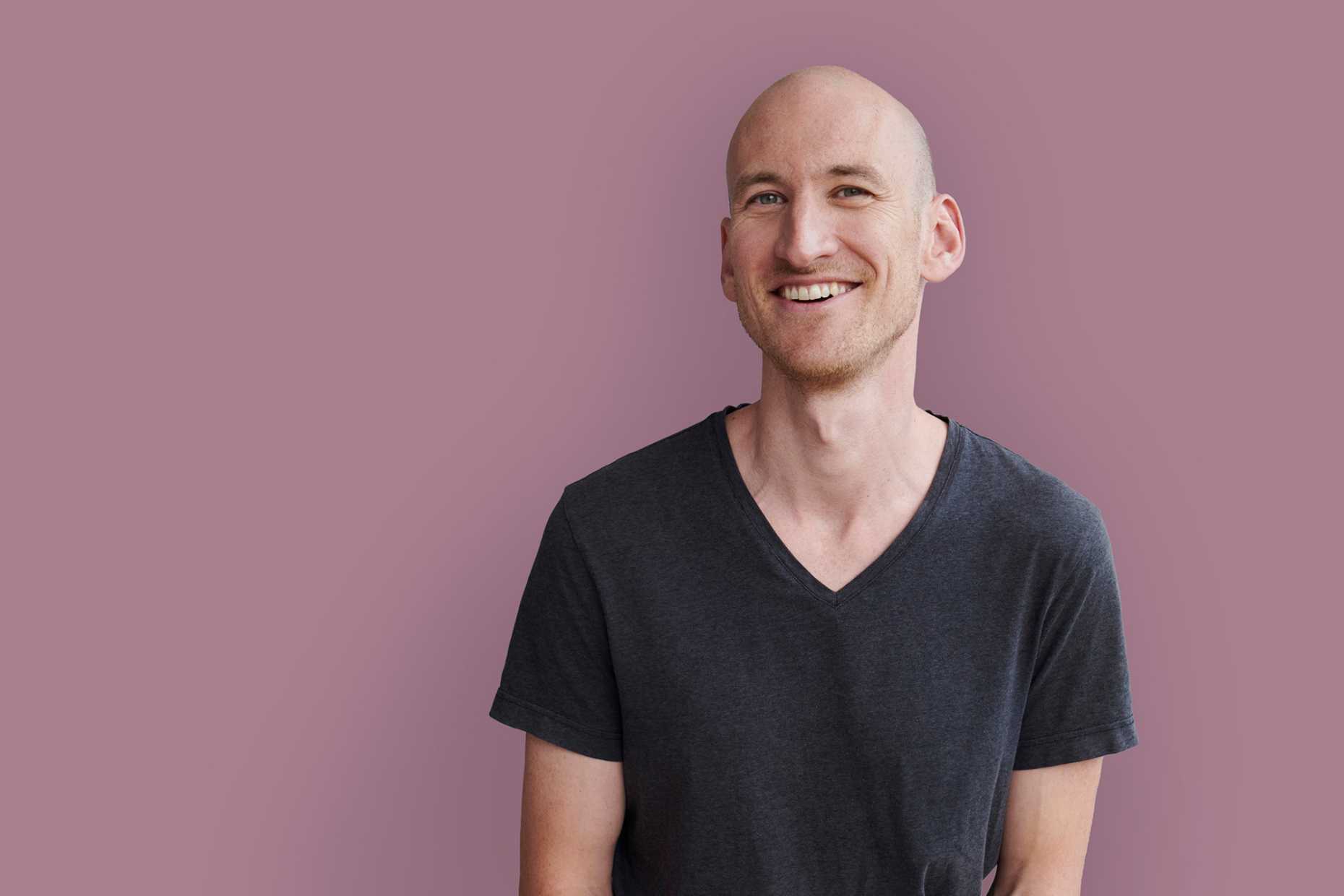Remo Gisi: “Paragliding is very algorithmic”
Remo Gisi studied computer science at ETH Zurich from 2005 to 2012. A few years later, he founded the spin-off Tastelab, which operates at the intersection of food, science and sustainability. His knowledge of computer science also helps him with tasks and hobbies that have nothing to do with programming.

Remo Gisi, why did you decide to study computer science at ETH Zurich?
I was interested in algorithmics and logical, analytical thinking, as well as computers and software.
What was your favourite lecture?
I particularly liked theoretical computer science and complexity theory. Both lectures were with Professor Juraj Hromkovic. He knew how to show us the philosophical dimension of computer science. His eyes – and probably also mine – lit up when terms from computer science were applied to “Life, the Universe and Everything”.
What do you like most about computer science?
I find it fascinating that you can create so much and reach so many people with comparatively few resources.
What did you do after your studies?
I had already worked as an independent IT recruiter for a year while I was still a student. This allowed me to get to know many IT employers and their culture. After my studies, I spent a year as a research assistant at the FHNW, where I was able to apply cutting-edge technologies in the areas of functional programming and graph databases. After that, I worked as a software developer, consultant and project manager at Ategra AG in Zurich, an incredibly exciting company. In 2016, I founded the ETH spin-off Tastelab, which operates at the intersection of food, science and sustainability.
Do you still work in computer science today?
Partly: I’m temporarily working as a software developer in a friend’s company and I also create our own cooking apps for Tastelab. At Tastelab, I’m also an event organiser, caterer, consultant, artist, speaker – a wide range of tasks.
What has stayed with you from your time at ETH Zurich?
My computer science studies are more useful for my work in the food and event industry than you might think. It often requires organisation, communication and clear structures. I remember drawing a protocol flow for planning an evening service in our pop-up restaurant – only not with server, proxy server and client, but with chef, service worker and guest. I also gained formative experience in my work at the Association of Computer Science Students (VIS) and the umbrella organisation VSETH, where I co-organised events with up to 6,000 guests, including catering and bar operations.
Are you still in contact with your fellow students or with ETH Zurich itself?
I made many friends during my studies. I also met my current business partners, Susanne Tobler and Raffaele Sandrini, at ETH. And I often come to ETH with Tastelab, since we have so many clients and partners here. So it feels a bit like home to me.
What are your hobbies?
I am a “serial monogamist” in my love of sports: during my studies, I climbed for a few years; then it was sailing. For eight years now, I have been intensively into paragliding. There are conspicuous numbers of computer scientists and engineers in all of these sports. Especially paragliding, which I find very “algorithmic”. During my cross-country flights, I’m constantly solving optimisation problems: “What’s the fastest way to climb here?”, “How much do I have to climb to make progress as efficiently as possible?” and so on. I think we engineers tend to enjoy this.
What would you wish for the Department of Computer Science for its 40th birthday?
I wish for the department to be able to keep growing at a good pace, because we need more good computer scientists. And that it can continue to look strategically and independently into the future and focus on the conceptually important, forward-looking topics.
40 years D-INFK
In 1981, the computer science curriculum was introduced at ETH Zurich. At the same time, the IIIC division was established, which was the foundation for today's Department of Computer Science. On the occasion of its 40th anniversary, we present alumnae and alumni who have carried their knowledge and skills from ETH Zurich into the outside world over the past four decades.
Anniversary website